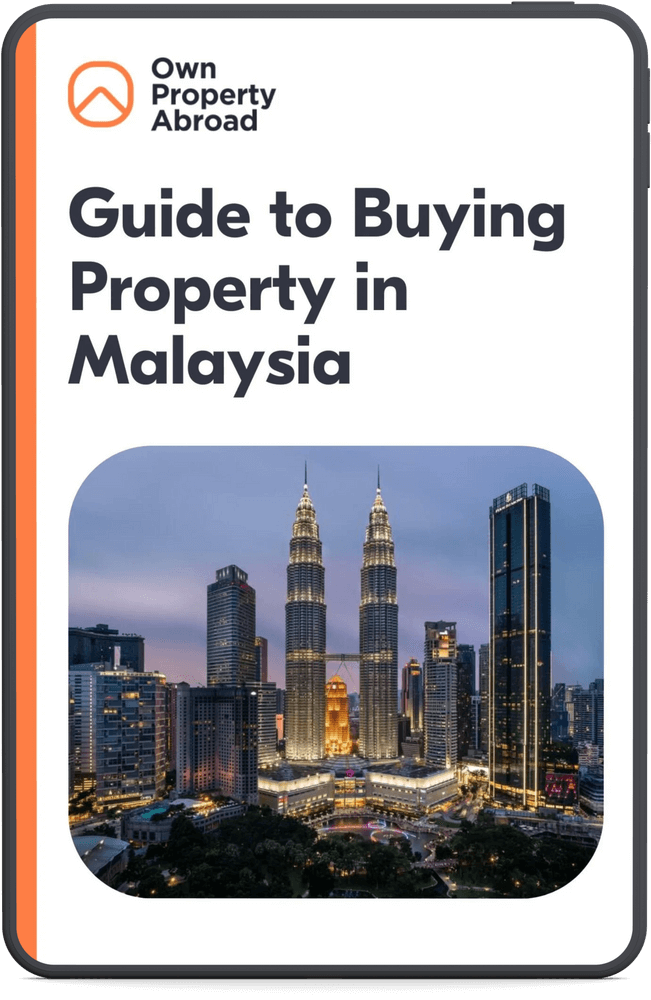Chinese buyers drive up luxury property prices
Interest from foreigners in Malaysia’s luxury real estate market has significantly increased, with Chinese nationals at the forefront. Reports show that inquiries from Chinese buyers rose by 42% in the first quarter of this year compared to the previous quarter. These buyers are specifically interested in high-end properties in prestigious areas like Bukit Damansara, Bangsar, and Kenny Hills. This surge in demand has led to skyrocketing property prices in these areas, posing challenges for middle and upper-middle-income Malaysians looking to purchase homes in these prime locations.
Developers shifting focus to meet foreign demand
The increase in foreign interest is affecting the strategies of property developers in Malaysia. Many developers are now giving more importance to building luxury residences to meet the demands of wealthy foreign buyers. This change in focus could lead to a decrease in the availability of affordable housing for Malaysians, worsening the problem of housing affordability in major cities. There is a growing concern that if this trend continues, certain types of properties and locations may end up being predominantly owned by foreigners, potentially creating an imbalance in the housing market.
Speculation and market instability
The increasing interest from foreign buyers is also leading to speculative purchases, where properties are primarily bought as investments for future resale rather than for personal use. This speculation can artificially inflate property values, creating market instability and making it even more challenging for local buyers to enter or remain in the market. Experts warn that while the influx of foreign capital brings financial benefits, it may also widen the gap between foreign investors and local residents, potentially leading to social and economic disparities.
Regulatory measures and opportunities for local buyers
Despite the challenges posed by increased foreign interest, the Malaysian government has implemented regulations to protect local buyers. For instance, foreign buyers are restricted from purchasing low-cost houses and Malay Reserve Land, and they must follow specific procedures, including paying consent fees when buying properties in Malaysia. Additionally, developers continue to build affordable housing, providing opportunities for Malaysians to purchase homes within their budget. However, there is a growing call for the government to enact or modify existing laws to ensure that the interests of local buyers are safeguarded amid the rising tide of foreign investment.
For property buyers and owners in Malaysia, this changing environment offers both prospects and challenges. While the interest from foreign buyers could increase property prices, it also highlights the importance of carefully analyzing market trends and regulatory frameworks to maintain a stable and sustainable real estate market.







